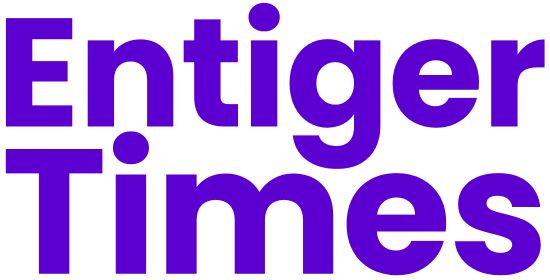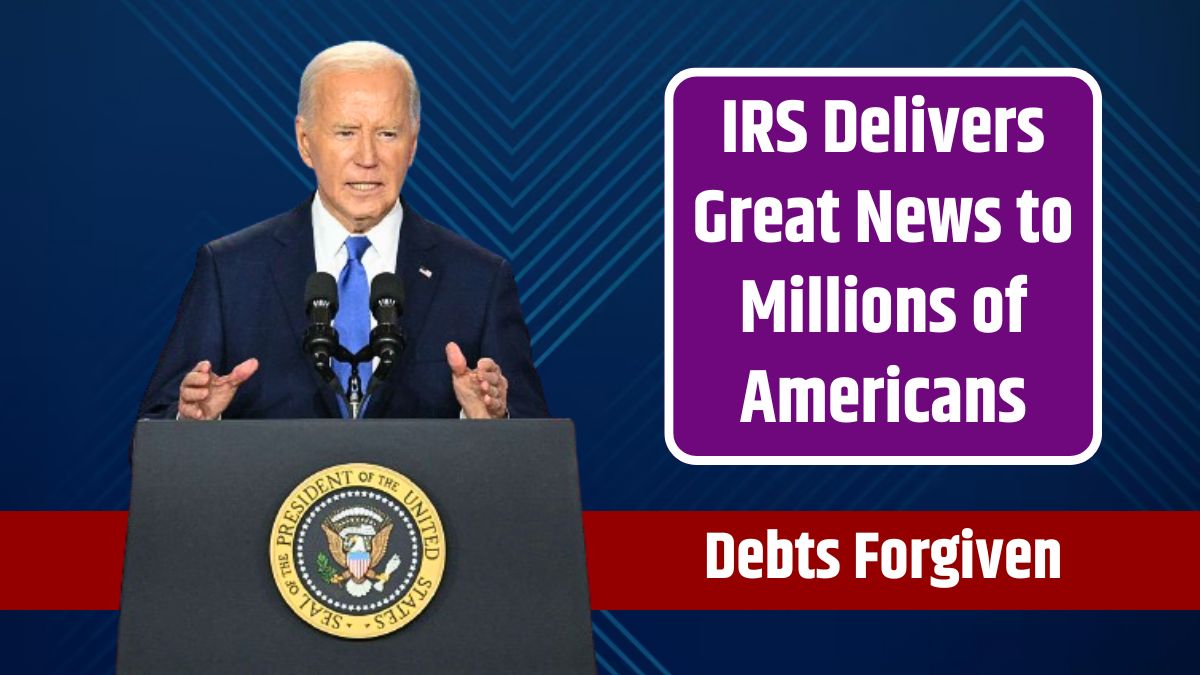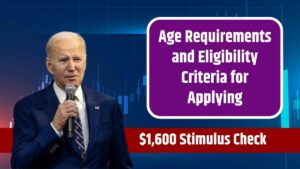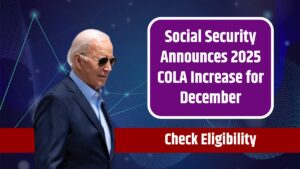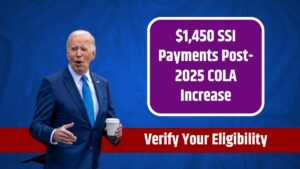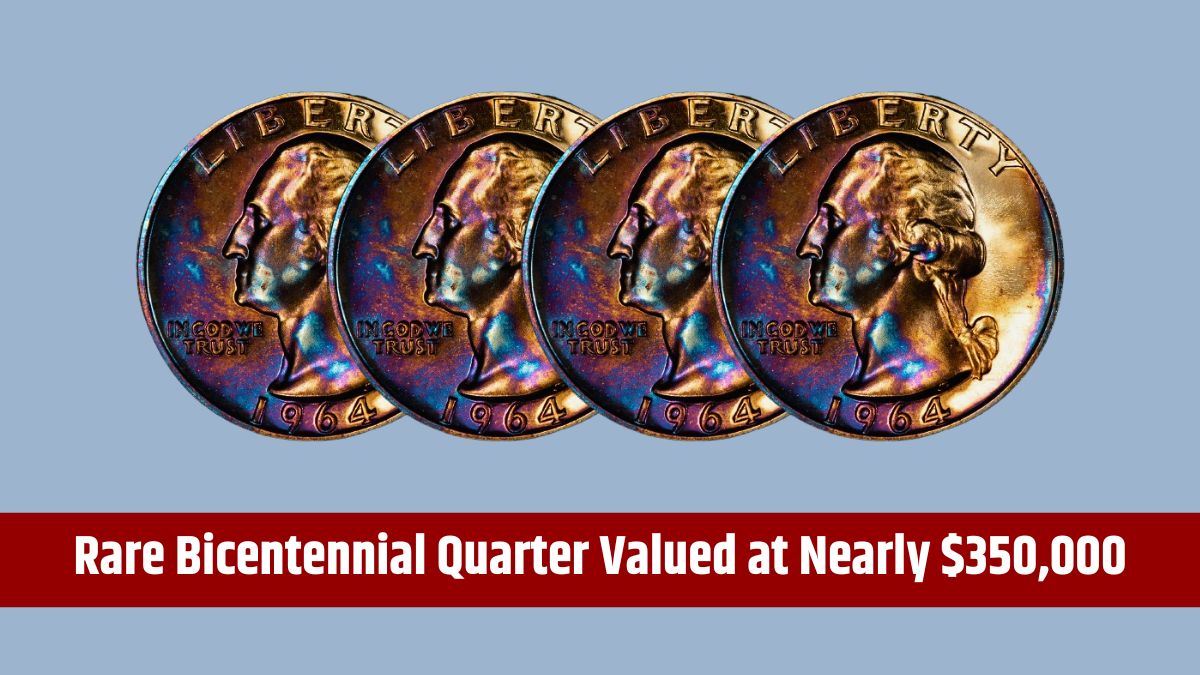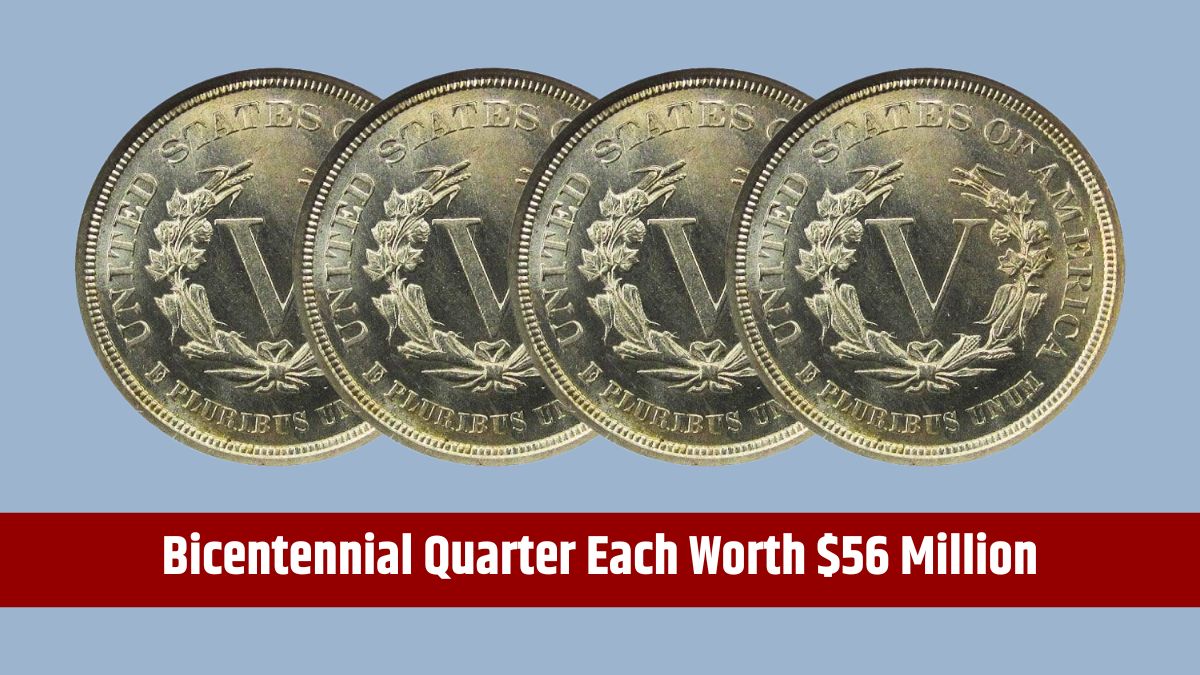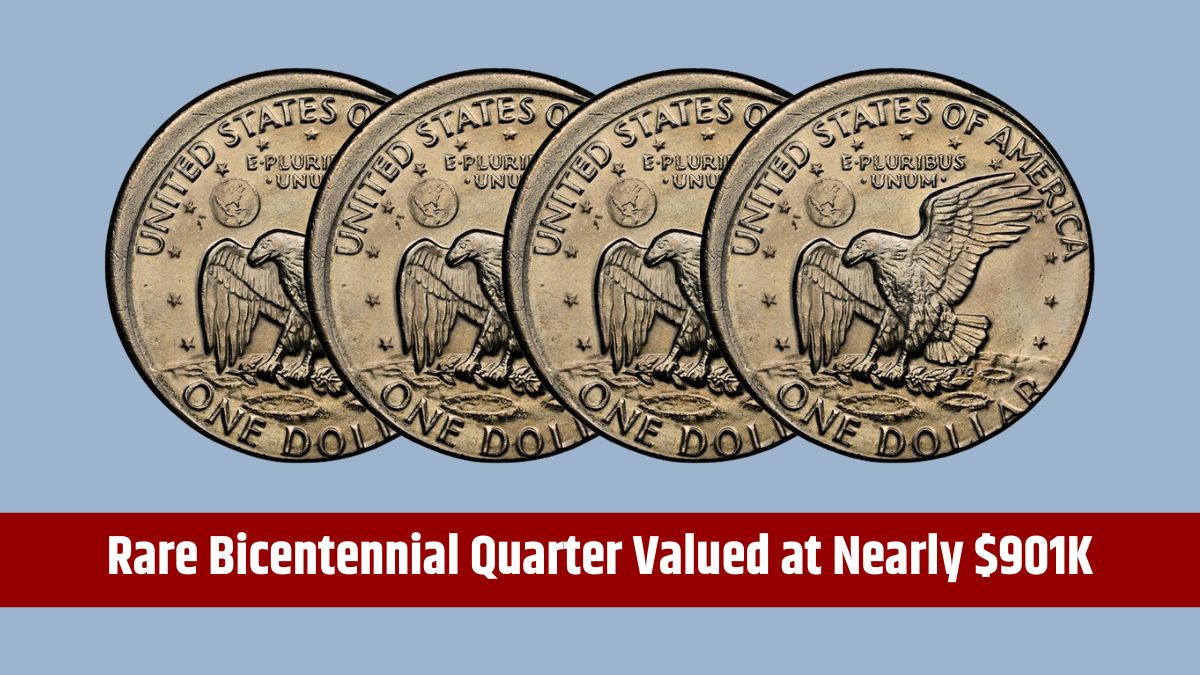The IRS recently announced that about 6.8 million Americans could skip failure-to-pay penalties when filing their tax returns for the past two years, thanks to a new relief measure. This move can be seen as a way to support individuals and businesses financially affected during the pandemic.
Contents
- 1 Relief
- 2 Eligibility
- 3 Exceptions
- 4 Payment
- 5 Opportunity
- 5.1 $1,450 SSI Payments Post-2025 COLA Increase – Verify Your Eligibility
- 5.2 FAQs
- 5.3 Who is eligible for the IRS penalty relief?
- 5.4 Social Security Maximum Benefit for Full Retirement Age Workers – Changes Following the 2025 COLA Increase
- 5.5 Do I need to apply for the relief?
- 5.6 Does the relief cover interest on unpaid taxes?
- 5.7 What if my assessed tax is over $100,000?
- 5.8 How can I set up a payment plan?
Relief
The IRS has decided to waive failure-to-pay penalties on assessed taxes of less than $100,000 for the tax years 2020 and 2021. This decision impacts nearly 5 million taxpayers, offering around $1 billion in penalty relief. The disruptions caused by COVID-19, which prevented many taxpayers from receiving balance due reminders, prompted this action.
Eligibility
To benefit from this automatic penalty relief, taxpayers must meet specific criteria. Eligible taxpayers include those who have filed Form 1040, 1041, 1120 series, or Form 990-T tax returns for 2020 and 2021, received a balance due notice between February 5, 2022, and December 7, 2023, and have unpaid taxes of less than $100,000. The relief applies to individuals, businesses, estates, trusts, and tax-exempt taxpayers.
Eligible taxpayers automatically receive this relief without needing to take any further action. Even if they have made payments or have a paid-in-full balance, they will still be automatically granted the failure-to-pay assessed tax penalty relief of less than $100,000 per year. The IRS will then offset any amount due for other tax years or issue a refund if no amount is due for the year.
Exceptions
While the relief measure is comprehensive, it does have its limitations. Taxpayers with an assessed tax of $100,000 or more are excluded from receiving automatic debt relief. However, they can still request penalty abatement based on reasonable cause or through the First-Time Abate program.
It is important to note that while the failure-to-pay penalty is being removed, interest on the remaining balance is not. Interest will continue to accumulate until the outstanding balance is repaid. Taxpayers who do not qualify for the automatic relief or have unique situations regarding their tax credit should contact the IRS after March 31, 2024.
Payment
For those with outstanding tax liabilities who cannot pay their taxes in one lump sum, the IRS has provided several options to help them meet their tax responsibilities. These include using the Online Payment Agreement tool to set up a payment plan, an Offer in Compromise to pay less than the amount owed, or an installment agreement to pay off the amount in installments. There is also an option for a temporary suspension of the collection process.
The IRS emphasizes the importance of responding to their notices promptly, as tax bills can worsen over time due to accrued fees, penalties, and interest. Further consequences for not paying taxes include federal tax liens and levies on property or bank accounts and the inability to travel internationally for individuals with tax debts over $59,000.
Opportunity
The IRS’s penalty relief measure is a significant step in helping citizens who faced difficulties during the pandemic years. By offering this relief, the IRS has already removed or excused millions of dollars in failure-to-pay penalties for tax debts from 2020 and 2021. However, taxpayers must understand that this relief does not eliminate their obligation to pay taxes.
Interest will continue to accrue on unpaid balances, and those with large tax bills may need to seek other forms of relief. As the IRS resumes normal collection activities, taxpayers should evaluate their tax affairs, use available methods to pay taxes, and address any unsettled tax matters to avoid severe measures from the IRS in the future.
This relief measure is a valuable opportunity for taxpayers to manage their tax obligations more effectively and avoid additional penalties. By taking advantage of the options provided by the IRS, taxpayers can navigate their financial responsibilities more smoothly and work towards a more stable financial future.
FAQs
Who is eligible for the IRS penalty relief?
Taxpayers with unpaid taxes of less than $100,000 for 2020 and 2021.
Do I need to apply for the relief?
No, eligible taxpayers receive it automatically.
Does the relief cover interest on unpaid taxes?
No, interest will still accrue on unpaid balances.
What if my assessed tax is over $100,000?
You can request penalty abatement based on reasonable cause.
How can I set up a payment plan?
Use the IRS Online Payment Agreement tool to set up a payment plan.
